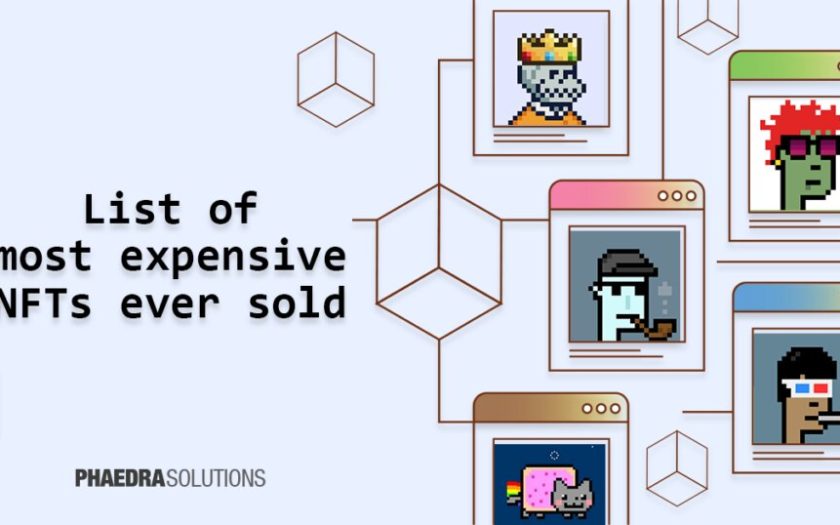In recent years, non-fungible tokens (NFTs) have taken the world by storm, reshaping how we perceive ownership, art, and digital assets. As more creators, collectors, and investors flock to this innovative landscape, NFT marketplaces have emerged as the central hub for buying, selling, and trading these unique digital items. In this blog post, we will explore the key aspects of nft marketplace, how they operate, and what the future holds for this burgeoning industry.
What is an NFT Marketplace?
An NFT marketplace is a digital platform where users can create, buy, sell, and trade NFTs. These platforms function similarly to traditional online marketplaces but are tailored specifically for digital assets. Users can browse various categories, including art, music, virtual real estate, gaming items, and much more. Some of the most popular NFT marketplaces include OpenSea, Rarible, and Foundation.
How Do NFT Marketplaces Work?
- Creation of NFTs: Artists and creators can mint their work into NFTs using a process called “minting.” This process converts digital files into unique tokens that represent ownership and provenance on the blockchain.
- Listing and Selling: Once minted, NFTs can be listed for sale on the marketplace. Creators can set fixed prices, or potential buyers can place bids on their NFTs in an auction format.
- Buying and Selling: Users can browse the marketplace, discover new NFTs, and purchase them using cryptocurrency. Most marketplaces operate on Ethereum, although other blockchains are gaining popularity as well.
- Royalty Systems: One of the most significant advantages of NFTs for creators is the ability to earn royalties on future sales. Many marketplaces allow artists to set a percentage of sales that they will receive every time their NFT is resold, creating a sustainable revenue stream.
The Benefits of NFT Marketplaces
- Access to a Global Audience: NFT marketplaces allow creators to showcase their work to a worldwide audience, breaking down geographical barriers and opening up new opportunities for exposure.
- Ownership and Provenance: NFTs provide verifiable ownership of digital assets, ensuring that creators receive credit and compensation for their work.
- Community and Collaboration: Many NFT marketplaces foster communities where artists, collectors, and enthusiasts can connect, collaborate, and share ideas.
- Diverse Revenue Streams: With the ability to sell various digital assets, creators can diversify their income and explore new business models.
Challenges and Considerations
While the NFT marketplace is thriving, it is not without challenges. Here are some key considerations:
- Environmental Concerns: The energy consumption associated with blockchain technology, particularly proof-of-work systems like Ethereum, has raised concerns about the environmental impact of NFTs.
- Market Volatility: The NFT market can be highly volatile, with prices fluctuating dramatically. This unpredictability can be a barrier for some investors and collectors.
- Copyright Issues: As the NFT space grows, so do concerns about copyright infringement and the unauthorized use of digital assets.
The Future of NFT Marketplaces
The future of NFT marketplaces is bright, with continued innovation and growth expected. As technology evolves, we may see:
- Integration of Virtual Reality (VR) and Augmented Reality (AR): Enhanced experiences for users as they explore virtual galleries and attend digital events.
- Cross-Chain Compatibility: The emergence of more platforms supporting multiple blockchains, enabling users to trade NFTs across various ecosystems.
- Greater Regulation: As the market matures, we may see increased regulation to protect consumers and creators alike.
- Expanded Use Cases: Beyond art and collectibles, NFTs could revolutionize industries such as real estate, gaming, and ticketing.
Conclusion
NFT marketplaces are at the forefront of a digital revolution, transforming how we interact with and value digital assets. With their potential to empower creators and redefine ownership, these platforms are paving the way for a new era of digital commerce. Whether you are a creator looking to showcase your work or a collector searching for unique digital treasures, NFT marketplaces offer an exciting opportunity to engage with the future of digital ownership.
